What Raw Materials Does Russia Import?
Russia, despite being one of the world’s largest exporters of natural resources, also imports various raw materials essential for its industries. The country imports raw materials primarily due to the need to support its manufacturing sectors, which rely on specific inputs not abundantly available domestically. Here’s a detailed look at some of the key raw materials Russia imports:
- Chemical Compounds and Polymers: Russia imports significant quantities of chemical compounds and polymers, which are essential for its plastics and synthetic materials industries. These raw materials are used in the production of various consumer and industrial goods.
- Pharmaceutical Ingredients: The pharmaceutical sector in Russia relies heavily on imported raw materials, especially Active Pharmaceutical Ingredients (APIs), which are crucial for the production of medications.
- Textile Fibers: Natural and synthetic fibers, such as cotton, wool, and polyester, are imported to support Russia’s textile and garment manufacturing industries.
- Metals and Alloys: Despite its vast reserves, Russia imports certain specialized metals and alloys required for specific industrial applications, including aerospace, defense, and electronics manufacturing.
- Food Industry Raw Materials: Raw materials like cocoa beans, sugar, coffee, and various oils (such as palm and soybean oil) are imported to meet the demands of the food processing sector.
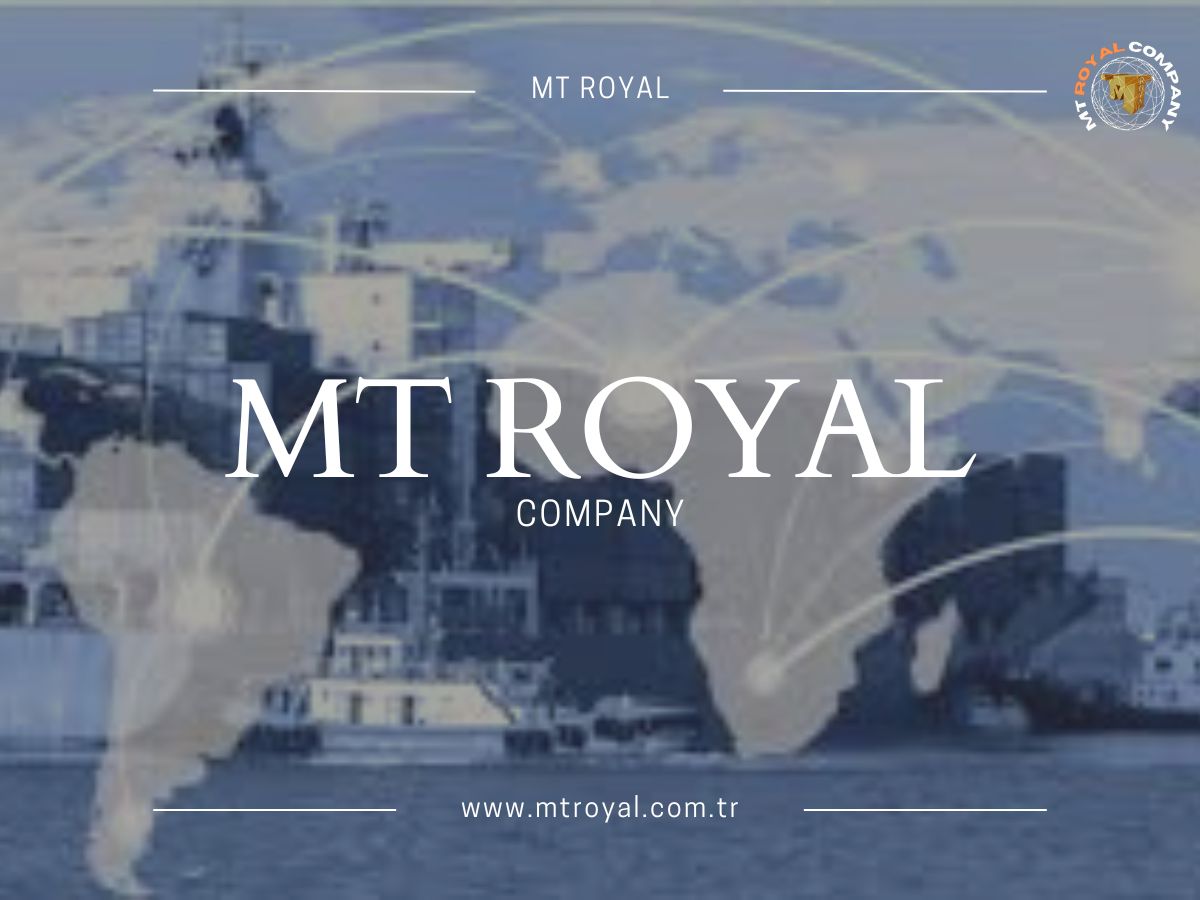
Russian trading company in Türkiye
How to Import Goods to Russia?
Importing goods to Russia involves navigating a complex set of regulations, documentation, and customs procedures. Below is a step-by-step guide to help businesses understand how to import goods into Russia:
- Understand Russian Import Regulations: Start by familiarizing yourself with Russia’s import regulations. Certain goods may require licenses, permits, or certifications. The Russian Federal Customs Service (FCS) is the primary regulatory body overseeing imports.
- Classify Your Goods: Every product imported into Russia must be classified according to the Harmonized System (HS) code. The correct classification is crucial for determining tariffs and ensuring compliance with regulations.
- Obtain Necessary Permits and Certifications: Some products, especially those in the food, pharmaceutical, and electronics sectors, require special certifications. The EAC (Eurasian Conformity) mark is mandatory for many goods sold within the Eurasian Economic Union (EAEU), of which Russia is a member.
- Prepare Import Documentation: Essential documents include a commercial invoice, bill of lading, packing list, and certificate of origin. Additional documents may be required depending on the nature of the goods.
- Customs Clearance: Goods must go through customs clearance upon arrival in Russia. This process involves the submission of the necessary documentation, payment of import duties and taxes, and compliance with all regulatory requirements.
- Delivery and Distribution: Once customs clearance is complete, goods can be transported to their final destination within Russia. This may involve additional logistics, such as warehousing and local distribution.
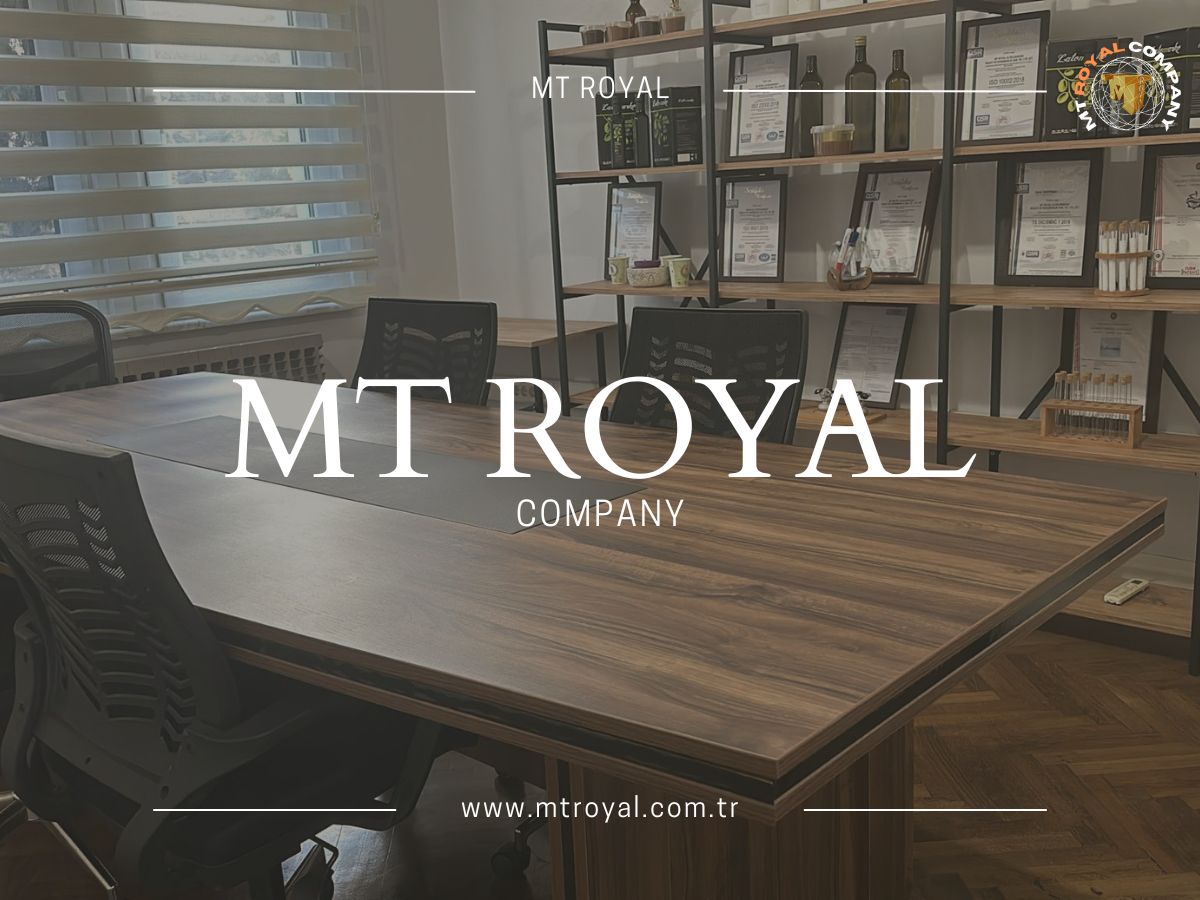
What Does Russia Need to Import?
Russia, as a large and diverse economy, imports a wide range of goods to meet the needs of its population and industries. Some of the essential imports include:
- Technology and Machinery: Russia imports high-tech machinery, equipment, and electronics, which are essential for modernizing its industrial base and maintaining competitiveness in various sectors.
- Agricultural Products: Despite being a significant producer of grains, Russia imports various agricultural products, including tropical fruits, vegetables, and dairy products, to diversify the food supply.
- Medical Equipment and Pharmaceuticals: The healthcare sector in Russia relies on imports for advanced medical equipment, diagnostic devices, and pharmaceuticals, particularly those not produced domestically.
- Consumer Goods: Russia imports a wide range of consumer goods, including clothing, footwear, cosmetics, and household items, to cater to the preferences of its population.
- Raw Materials: As mentioned earlier, Russia imports specific raw materials essential for its manufacturing and industrial sectors, such as chemicals, metals, and polymers.
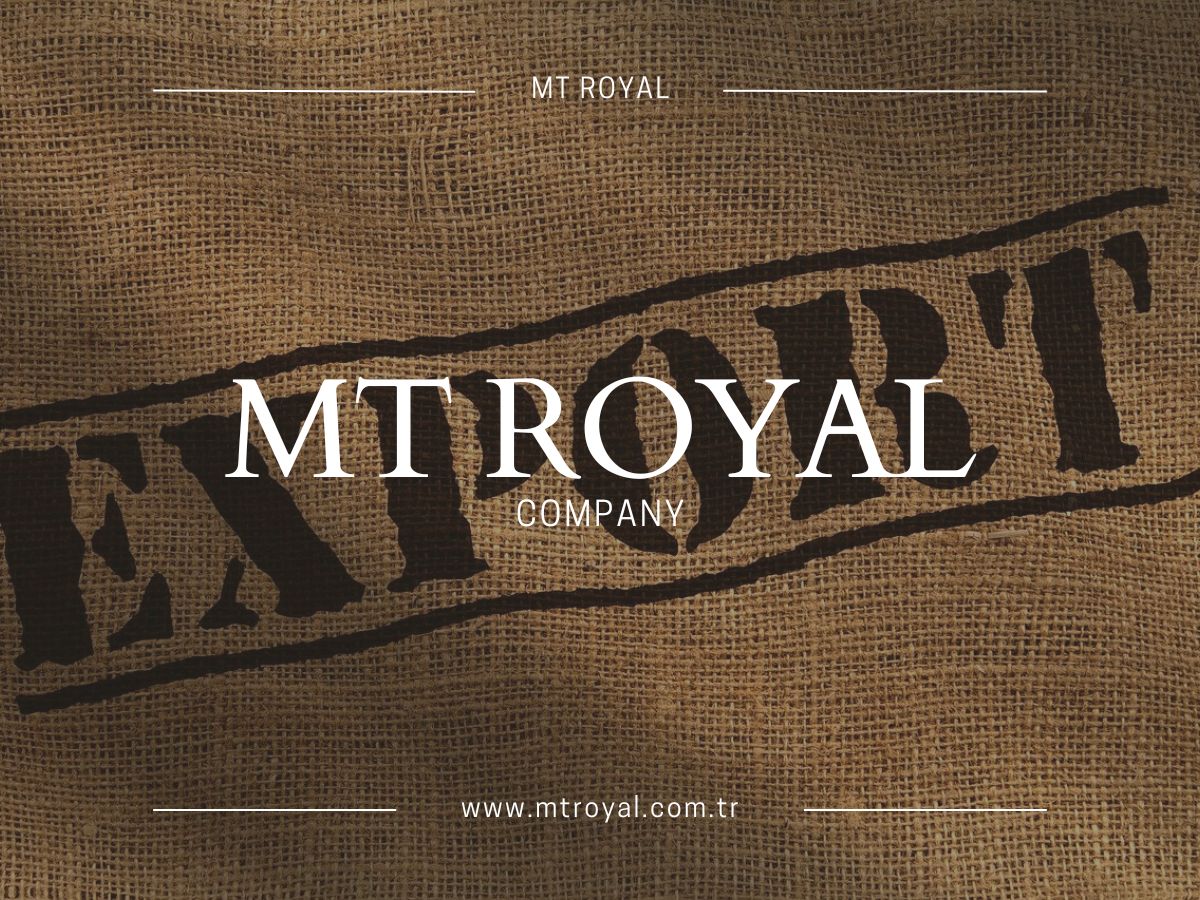
What Products Cannot Be Imported from Russia?
Due to international sanctions and various trade restrictions, several products from Russia face import bans or restrictions in certain countries. The most notable products include:
- Military Equipment and Dual-Use Goods: Many countries have imposed strict restrictions on the import of military equipment, arms, and dual-use goods from Russia, especially in light of geopolitical tensions.
- Energy Products (in some regions): Certain regions and countries have imposed restrictions on the import of Russian oil, gas, and coal as part of sanctions. However, these restrictions vary significantly across different markets.
- Luxury Goods: In response to sanctions, luxury goods, including high-end jewelry, automobiles, and fashion items, may face import restrictions or bans from Russia.
- Certain Agricultural Products: Some countries have placed bans on specific Russian agricultural products, such as poultry and meat, due to health and safety concerns or as part of broader trade disputes.
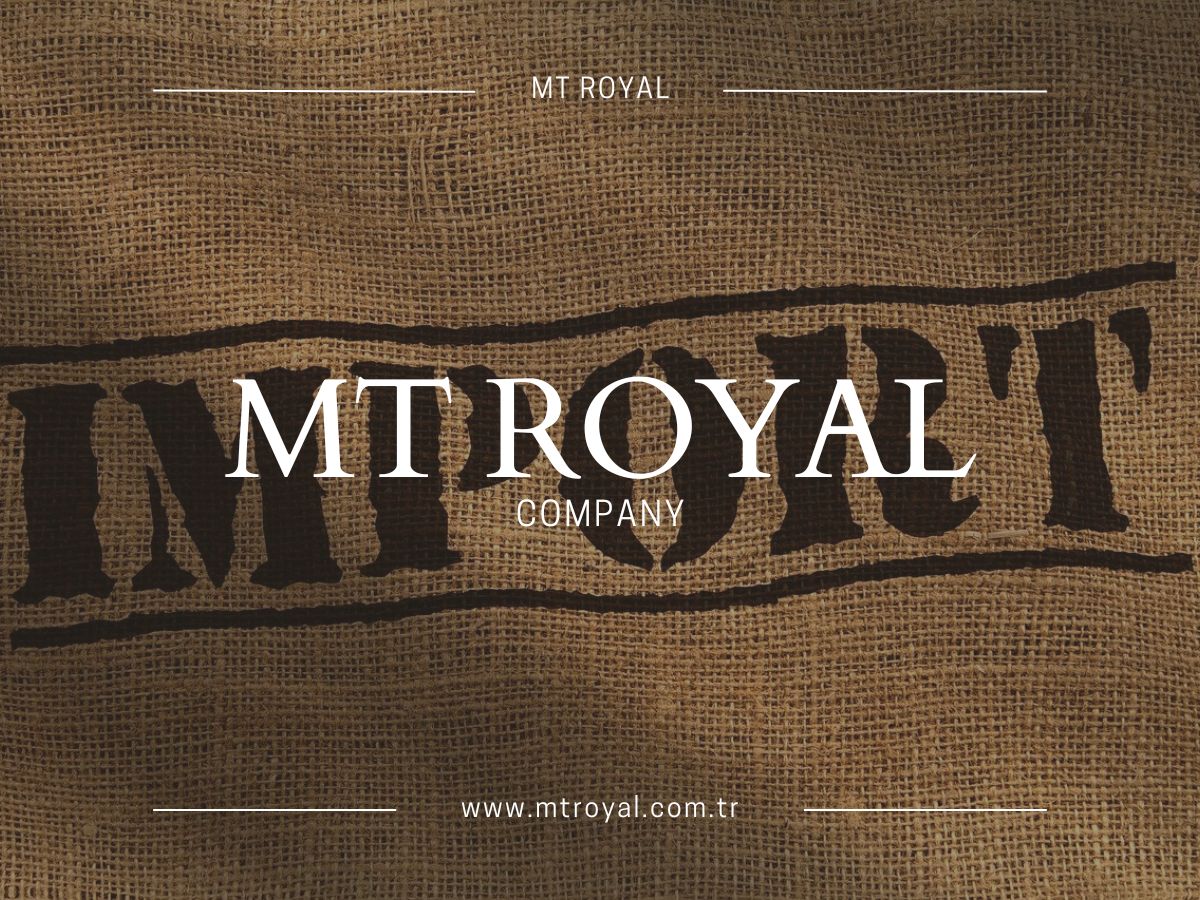
What Are Russia’s Top 5 Imports?
Russia’s top imports are a reflection of its industrial needs and consumer demand. The top 5 imports include:
- Machinery and Equipment: Machinery, including industrial equipment, computers, and mechanical appliances, is Russia’s largest import category. These are crucial for maintaining and upgrading the country’s industrial base.
- Vehicles and Automotive Parts: Russia imports a significant number of cars, trucks, and automotive parts, both for consumer use and as inputs for its domestic automotive industry.
- Pharmaceuticals: The healthcare sector in Russia heavily relies on imported pharmaceuticals, making them one of the top import categories.
- Electronics: Consumer electronics, including smartphones, computers, and household appliances, are among the most imported goods into Russia, driven by consumer demand.
- Food and Beverages: Russia imports a variety of food products, including fruits, vegetables, dairy, and beverages, to supplement its domestic production and meet the diverse tastes of its population.
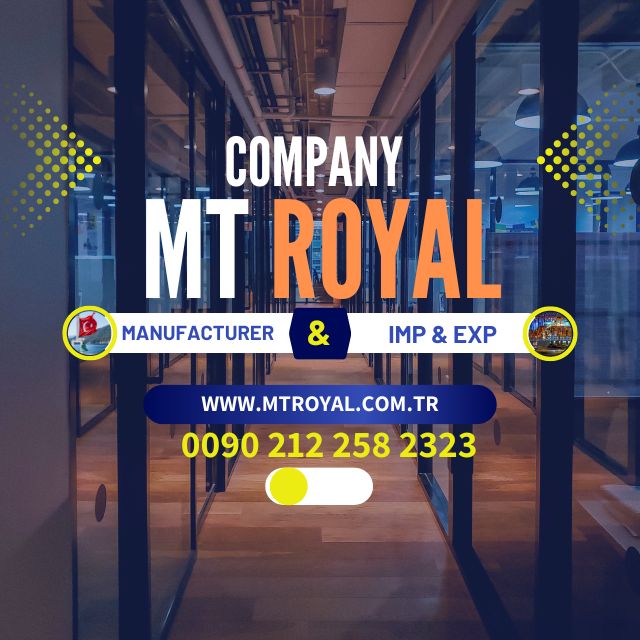
What Foods Does Russia Import?
Russia imports a variety of food products to meet the demands of its population and diversify its food supply. Some of the key food imports include:
- Fruits and Vegetables: Russia imports a wide range of fruits and vegetables, including tropical fruits (bananas, citrus), tomatoes, and potatoes, which are not widely grown domestically.
- Meat and Poultry: Despite being a significant producer, Russia imports certain types of meat and poultry, particularly high-quality beef and pork, to meet domestic demand.
- Dairy Products: Butter, cheese, and other dairy products are imported to supplement domestic production, especially during times of shortage.
- Fish and Seafood: Although Russia has a vast fishing industry, it imports specific types of seafood, such as shrimp and salmon, from other regions.
- Confectionery and Cocoa Products: Russia imports cocoa beans, cocoa powder, and chocolate products, which are essential for its confectionery industry.
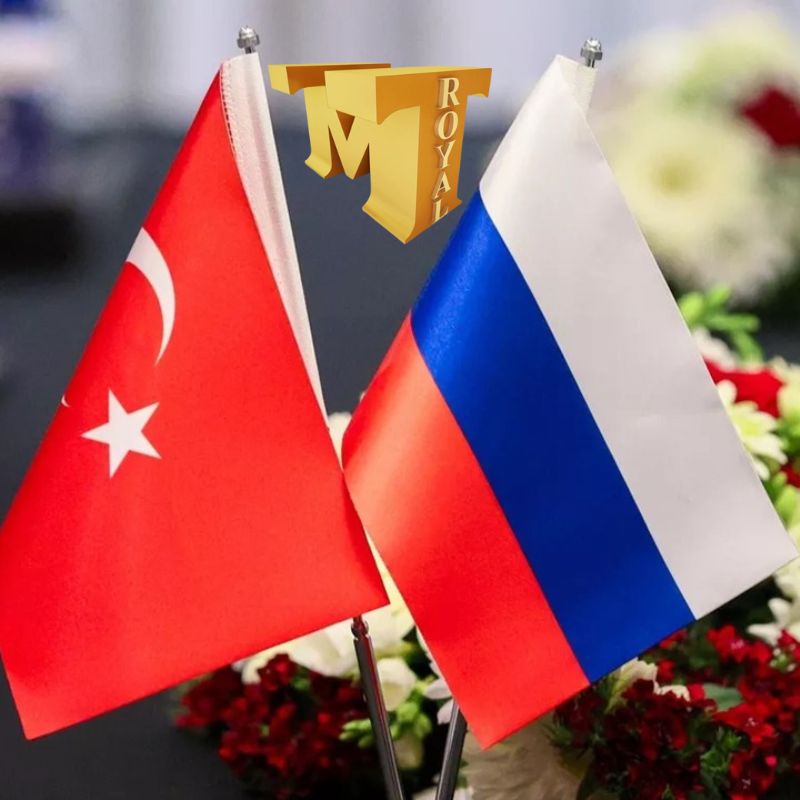
MT Royal: A Leading Trading Company in Russia and Turkey
MT Royal is a premier trading company operating between Russia and Turkey, specializing in the import and export of a wide range of products. With a robust network of suppliers and logistics partners, MT Royal ensures the timely delivery of high-quality goods across borders.
Key Strengths of MT Royal:
- Diverse Product Portfolio: MT Royal deals in various products, including food industry raw materials (cocoa powder, CBS oil, olive oil), mining equipment, car spare parts, and consumer goods.
- Strategic Location: With operations in both Russia and Turkey, MT Royal is strategically positioned to facilitate trade between the two countries, leveraging their geographic proximity and economic ties.
- Currency Flexibility: MT Royal conducts transactions in local currencies, such as the Russian Ruble and Turkish Lira, minimizing currency risk and providing financial stability to its clients.
- Compliance and Reliability: The company ensures that all imports and exports comply with the relevant regulations and standards, offering clients peace of mind and a guarantee of quality.
Whether you are looking to import raw materials, machinery, or consumer goods, MT Royal provides the expertise and infrastructure necessary to navigate the complex trade landscape between Russia and Turkey.
продовольствие-сырье по-русски



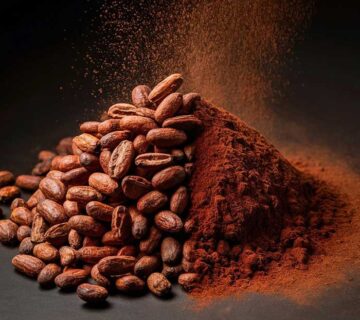
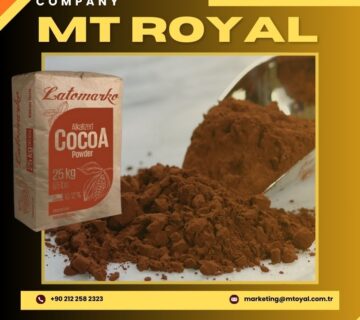
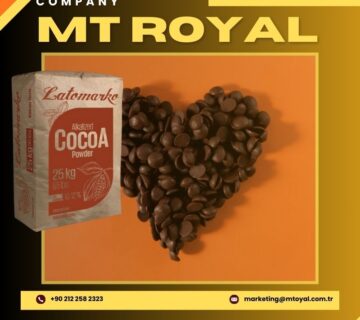
No comment